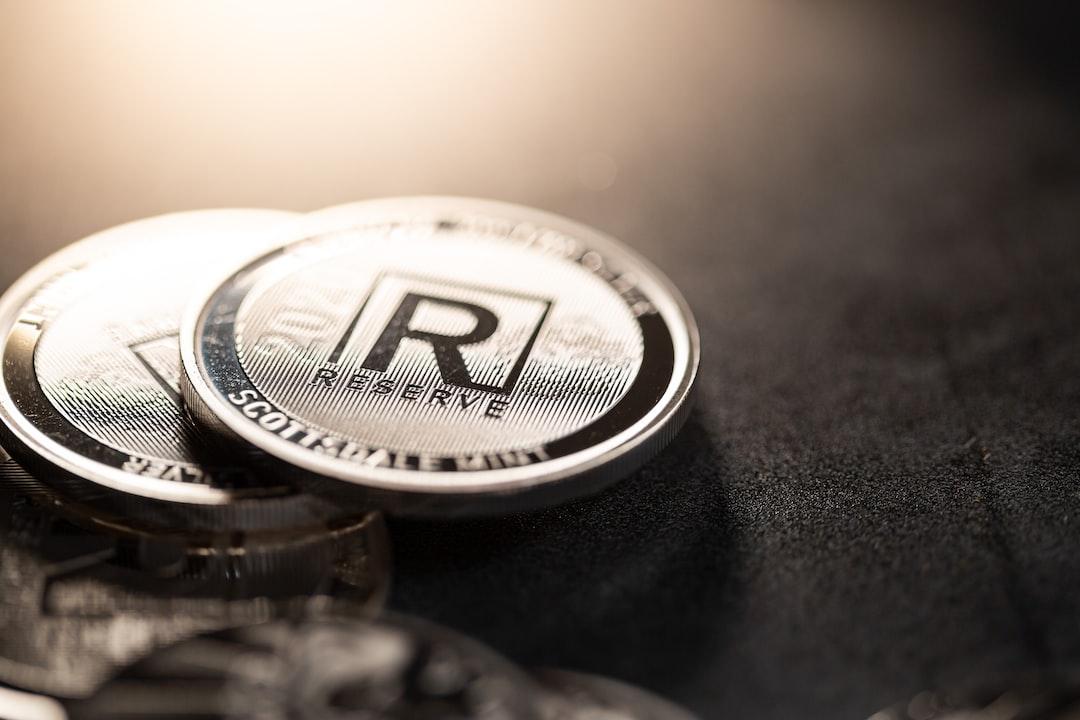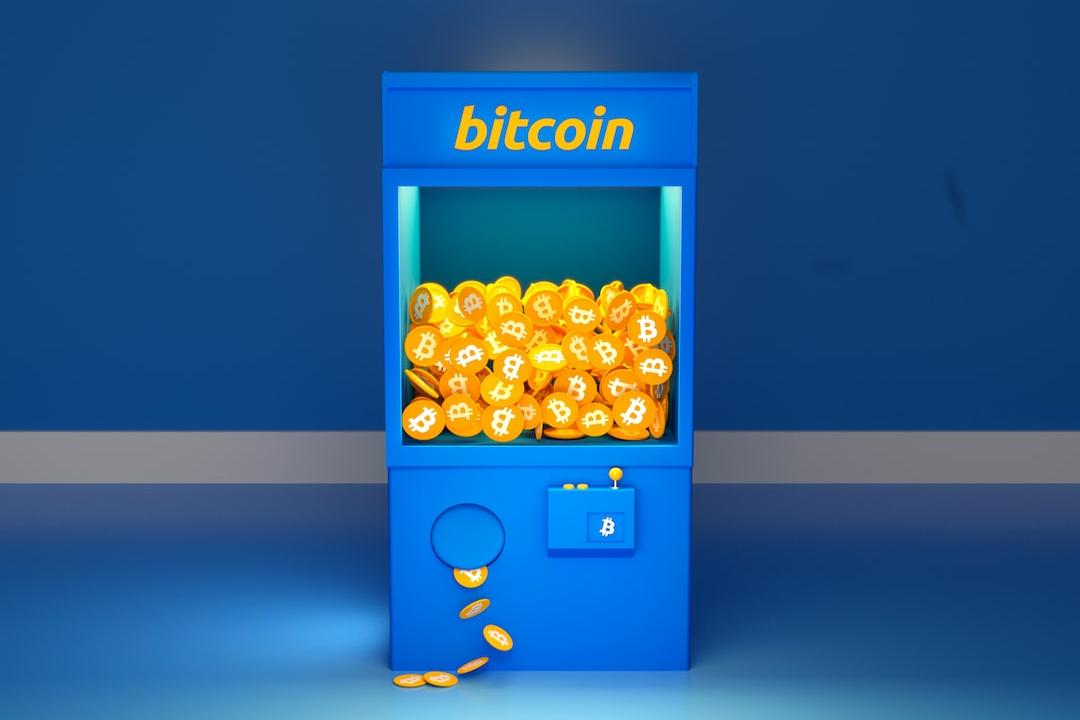Mastercard, the renowned financial institution, has launched its groundbreaking Crypto Credential system, a revolutionary solution designed to streamline and secure peer-to-peer (P2P) cryptocurrency transactions. This cutting-edge service, which enables users to transfer cryptocurrencies using simple aliases, has now been implemented across various exchanges in Europe and Latin America.
In a recent announcement, Mastercard revealed that the Crypto Credential system is currently operational on prominent exchanges such as Bit2me, Lirium, and Mercado Bitcoin. This development allows users from countries including Argentina, Brazil, Chile, France, and many others to effortlessly execute both cross-border and domestic transfers.
By utilizing aliases instead of complex blockchain addresses, Mastercard has successfully simplified the transaction process while ensuring adherence to essential verification standards to enhance security. Moreover, the system complies with global regulations such as the Financial Action Task Force’s (FATF) Travel Rule.
Walter Pimenta, the executive vice president of product and engineering, representing Latin America and the Caribbean at Mastercard, emphasized the importance of delivering trusted and verifiable interactions across public blockchain networks. He stated, “As interest in blockchain and digital assets continues to surge in Latin America and around the world, it is essential to keep delivering trusted and verifiable interactions across public blockchain networks.”
Pimenta also expressed his excitement about collaborating with their dynamic set of partners to bring the Mastercard Crypto Credential system closer to realizing its full potential.
Furthermore, Mastercard disclosed that the inclusion of new partners such as Foxbit and the integration with Lulubit through Lirium expands the reach of their pilot program, ensuring broader consumer access.
In addition to supporting crypto asset transfers, Mastercard is also preparing to extend the utility of its system to other applications such as non-fungible tokens (NFTs) and blockchain ticketing, pending market demands and regulatory compliance. This move highlights Mastercard’s commitment to leveraging blockchain technology for mainstream financial transactions, with a strong emphasis on safety and ease of use.
What are your thoughts on Mastercard’s Crypto Credential system? Feel free to share your opinions and insights on this subject in the comments section below.






